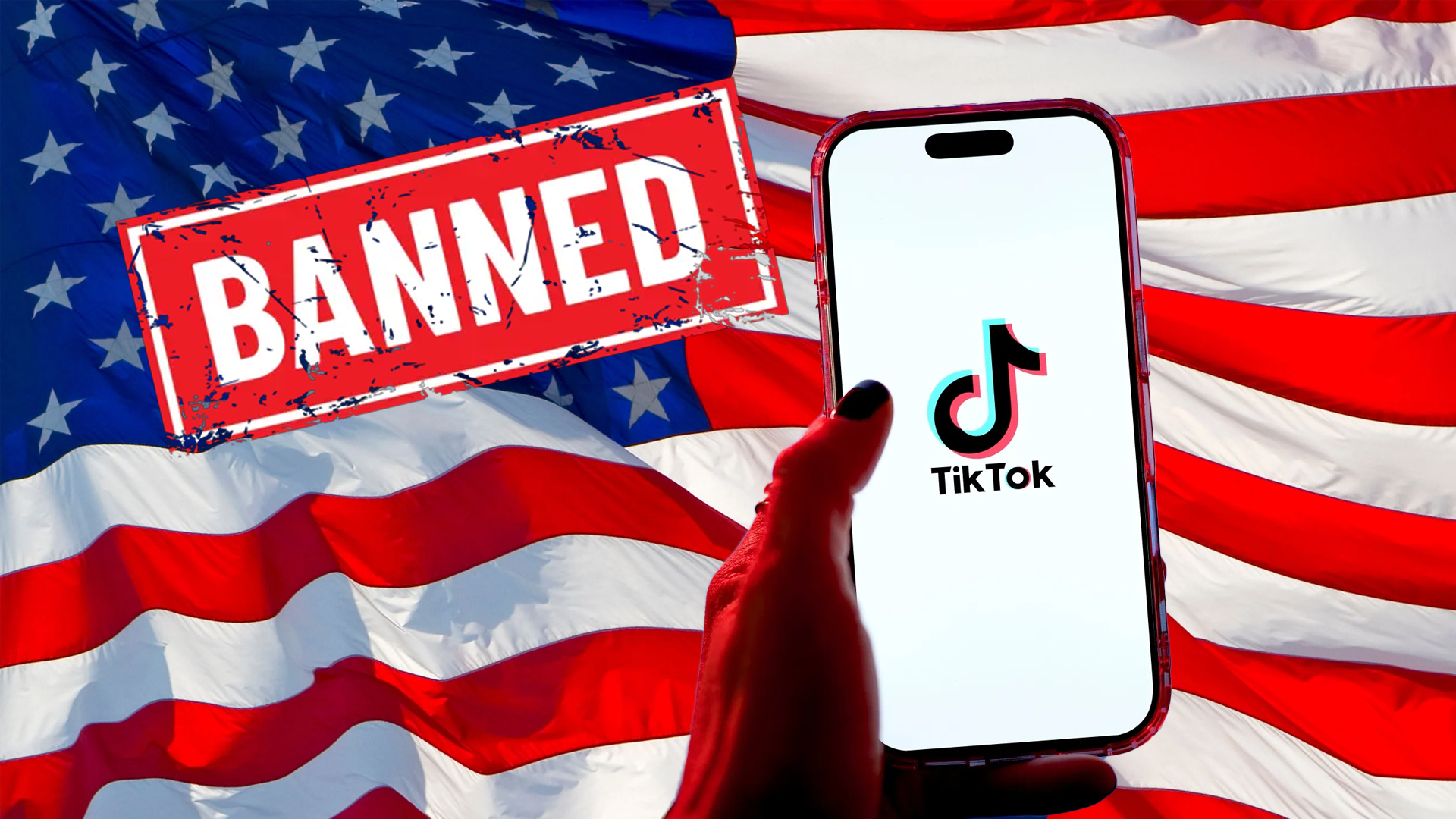
TikTok, one of the most influential and controversial apps in the world, was officially banned in the United States on January 19. The move has sparked widespread reactions across the globe and brings to light several critical issues surrounding security, privacy, and geopolitics. TikTok, which has skyrocketed in popularity in recent years, has now found itself caught in the crossfire of international politics and digital security concerns. Let’s take a deeper look at the reasons behind the ban and its consequences.
Why Is TikTok Being Banned in the USA?
One of the primary reasons for the ban revolves around geopolitical tensions between the United States and China. The U.S. government has increasingly scrutinized Chinese apps, particularly TikTok, due to concerns about national security. TikTok is owned by ByteDance, a Chinese company, which has led to accusations that the app collects large amounts of user data, including location, browsing history, and other sensitive information. Under Chinese law, companies are required to share data with the government if asked. This has raised alarms about potential surveillance or misuse of the data by the Chinese government.
National security threats are another major reason behind the U.S. ban. Officials worry that TikTok could be used to influence public opinion, spread propaganda, or even undermine U.S. security. There is fear that the app’s algorithm, which tailors content to individual users, could be exploited to sway political opinions or spread misinformation, especially during sensitive times like elections. The combination of data privacy issues and national security concerns has led to increasing calls for the app’s ban in the U.S.
What Does the Ban Mean for Users?
If TikTok is banned in the U.S., the consequences will be felt across various groups. For content creators, the ban could be particularly damaging. Many influencers rely on TikTok as their primary platform for content creation and revenue. They may now be forced to migrate to other platforms like Instagram or YouTube Shorts, which have already seen a surge in popularity due to TikTok’s influence. Influencers who have built a loyal following on TikTok and make their income through sponsorships and ad revenue will have to adapt quickly to the changing digital landscape.
For businesses and marketers, the loss of TikTok’s large and engaged user base would be a significant blow. TikTok has become a powerful tool for marketing, with brands using it to reach younger audiences and create viral campaigns. If the app is banned, businesses will have to shift their marketing strategies to other platforms, which may not provide the same level of reach and engagement.
General users will also feel the effects of the ban. Many use TikTok for entertainment, self-expression, and creativity. With the app no longer available, users will likely turn to alternatives like Instagram and YouTube to fill the void, but the unique appeal of TikTok, with its short-form video format and personalized algorithm, will be hard to replicate.
Potential Impact on ByteDance
ByteDance, the parent company of TikTok, faces substantial risks if the app is banned in the United States. The U.S. market is one of TikTok’s largest, and the ban could result in significant financial losses and a decline in global user confidence. TikTok’s popularity has helped ByteDance become one of the most valuable private companies in the world. Losing access to a large portion of its user base could have serious consequences for its revenue and global reputation.
In an attempt to address U.S. concerns, ByteDance proposed a series of measures, including storing U.S. user data on domestic servers under the control of the U.S. government and partnering with a U.S.-based company to increase transparency around data practices. However, these proposals were rejected by U.S. lawmakers, who remain unconvinced that the company can be trusted with user data.
Reactions to the Ban
The ban on TikTok has sparked a range of reactions across the U.S. and beyond. Some experts and lawmakers support the move, arguing that it is necessary for national security and privacy protection. They believe that TikTok’s ties to China pose too great a risk, especially when it comes to the potential misuse of user data. Others, however, view the ban as an overreach and a violation of digital rights and free speech. TikTok has been praised for giving voice to creators, particularly those who may not have had a platform elsewhere.
Young creators and users are particularly upset about the potential ban. Many rely on TikTok for self-expression, creative outlets, and income, and they fear that the ban will stifle their ability to make a living. Some content creators are already launching campaigns to save the app, urging the U.S. government to reconsider its stance. These voices argue that TikTok has created a vibrant community of creators and entrepreneurs and that the ban would be detrimental to the digital economy.
The Global Context: India’s Ban and Other Countries’ Responses
The ban on TikTok in the U.S. is not the first time the app has been targeted by governments. In June 2020, India became one of the first major countries to ban TikTok, citing concerns over national security and data privacy. India’s government was worried about how Chinese apps, including TikTok, were using data and whether it was being shared with the Chinese government. TikTok was also criticized in India for promoting inappropriate or harmful content, which led to concerns about its influence on youth and society.
While India’s ban was a significant blow to TikTok, the app has managed to rebound in many other regions, including Europe and Southeast Asia. However, the potential TikTok ban in the U.S. could have even more far-reaching implications, considering the app’s massive influence on Western culture, entertainment, and business.
What’s Next for TikTok and the U.S.-China Technology War?
The potential TikTok ban in the U.S. highlights the growing tensions between the U.S. and China over issues of technology, privacy, and geopolitics. As both countries continue to vie for dominance in the digital realm, the future of TikTok remains uncertain. While TikTok has made significant efforts to address U.S. concerns, the geopolitical environment may continue to play a central role in the app’s fate.
For businesses, influencers, and users, the ban will likely push them toward platforms like Instagram Reels and YouTube Shorts, which have already gained popularity due to TikTok’s influence. As seen with India’s experience, users will adapt and find new ways to create, share, and consume content, but it remains to be seen whether any platform can fully replicate the unique experience TikTok offers.
Ultimately, the ban on TikTok in the U.S. signals broader conversations about privacy, data protection, and global digital power dynamics. The future of TikTok in the U.S. will likely continue to spark debate, as the app’s success or failure could have significant implications for the global tech landscape. One thing is certain: the issue of privacy, technology, and geopolitics is far from over.
Asif Bc
Aspiring blogger in Kerala sharing insights on technology and mental health to inspire mindful living.


.jpg)

0 Comments